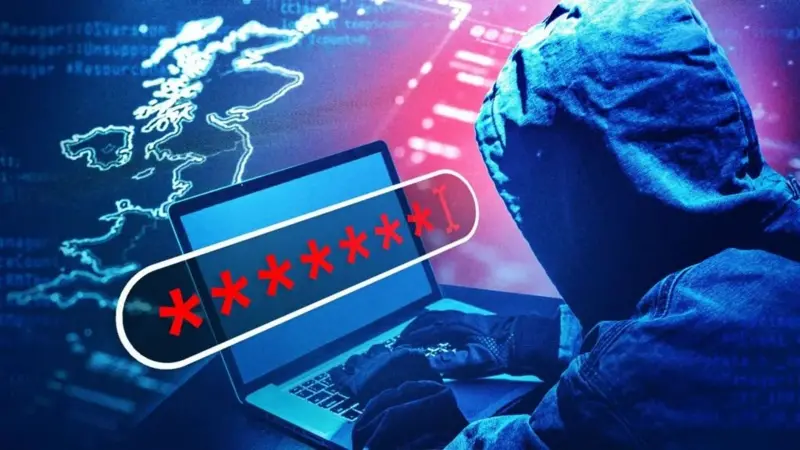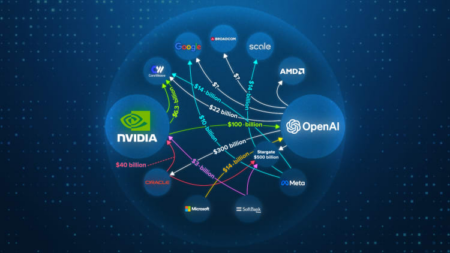In the quiet county of Northamptonshire, a centuries-old shipping company named KNP Logistics was thriving.
With a fleet of 500 trucks and a legacy dating back 158 years, it was a symbol of British industrial resilience.
But in 2023, a single weak password changed everything.
The One Weak Password Brought Down a Legacy
It started with a simple guess.
Hackers from the notorious Akira ransomware group cracked a weak password belonging to one of KNP’s employees.
That was all they needed.
Within hours, the company’s internal systems were encrypted, its data held hostage, and its operations paralyzed.
£5 Million Ransom Due to a Weak Password
The ransom note was chilling:
“If you’re reading this, your infrastructure is partially or completely down.
Let’s skip the tears and build a constructive dialogue.”
But there was no dialogue.
The estimated ransom—nearly £5 million—was far beyond what KNP could afford.
The company collapsed, and 700 employees lost their jobs.
A Growing Cybersecurity Crisis in the UK
KNP’s downfall is just one chapter in a growing epidemic.
In the past year alone, the UK has faced an estimated 19,000 ransomware attacks, according to government cybersecurity surveys.
High-profile brands like M&S, Co-op, and Harrods have also been targeted, with millions of customer records compromised.
The National Cyber Security Centre (NCSC), alongside MI5 and MI6, is now battling ransomware daily.
Richard Horne, CEO of the NCSC, warns:
“We’re seeing a surge in cybercrime.
Organizations must take cybersecurity seriously in every decision they make.”
The New Face of Cybercrime: Young, Skilled, and Ruthless
The attackers aren’t always seasoned criminals.
Many are young tech-savvy individuals who began in online gaming communities, learning how to manipulate systems and exploit weaknesses.
“They’re not inventing new tools—they’re just looking for the weakest link,” says Sam, a lead analyst at NCSC.
Some tactics are shockingly simple.
Hackers call help desks pretending to be employees, tricking staff into granting access.
Once inside, they deploy ransomware bought from the dark web, locking systems and demanding payment.
Read also: Bridging the AI Skills Gap: Why Confidence and Strategy Matter More Than Code
Why Companies Keep Paying the Price
Despite warnings, many businesses still choose to pay ransoms quietly.
Cybersecurity expert Paul Cashmore explains:
“When faced with losing everything, companies often surrender.
It’s organized crime, and the impact is catastrophic.”
KNP had cyber insurance and followed industry standards, but it wasn’t enough.
The attack exposed a harsh truth: no system is invulnerable, and even one mistake can be fatal.
Cyber Defenses and Weak Password
Paul Abbott, KNP’s managing director, now speaks publicly to warn other businesses.
“We need updated laws and stronger digital defenses.
Companies must prove they’re protected.”
The UK government is considering legislation to ban public institutions from paying ransoms and may require private firms to report attacks and seek approval before making payments.
Susan Grimmer, head of a cybercrime unit at the National Crime Agency, says:
“Ransomware is a high-reward crime.
If trends continue, this could be the worst year on record for cyberattacks in the UK.”
The Bottom Line: Cybersecurity Is No Longer Optional
As ransomware becomes more accessible and profitable, the threat to businesses grows.
The fall of KNP is a stark reminder: one weak password can destroy a company.
In today’s digital age, cybersecurity isn’t just an IT issue—it’s a matter of survival.








